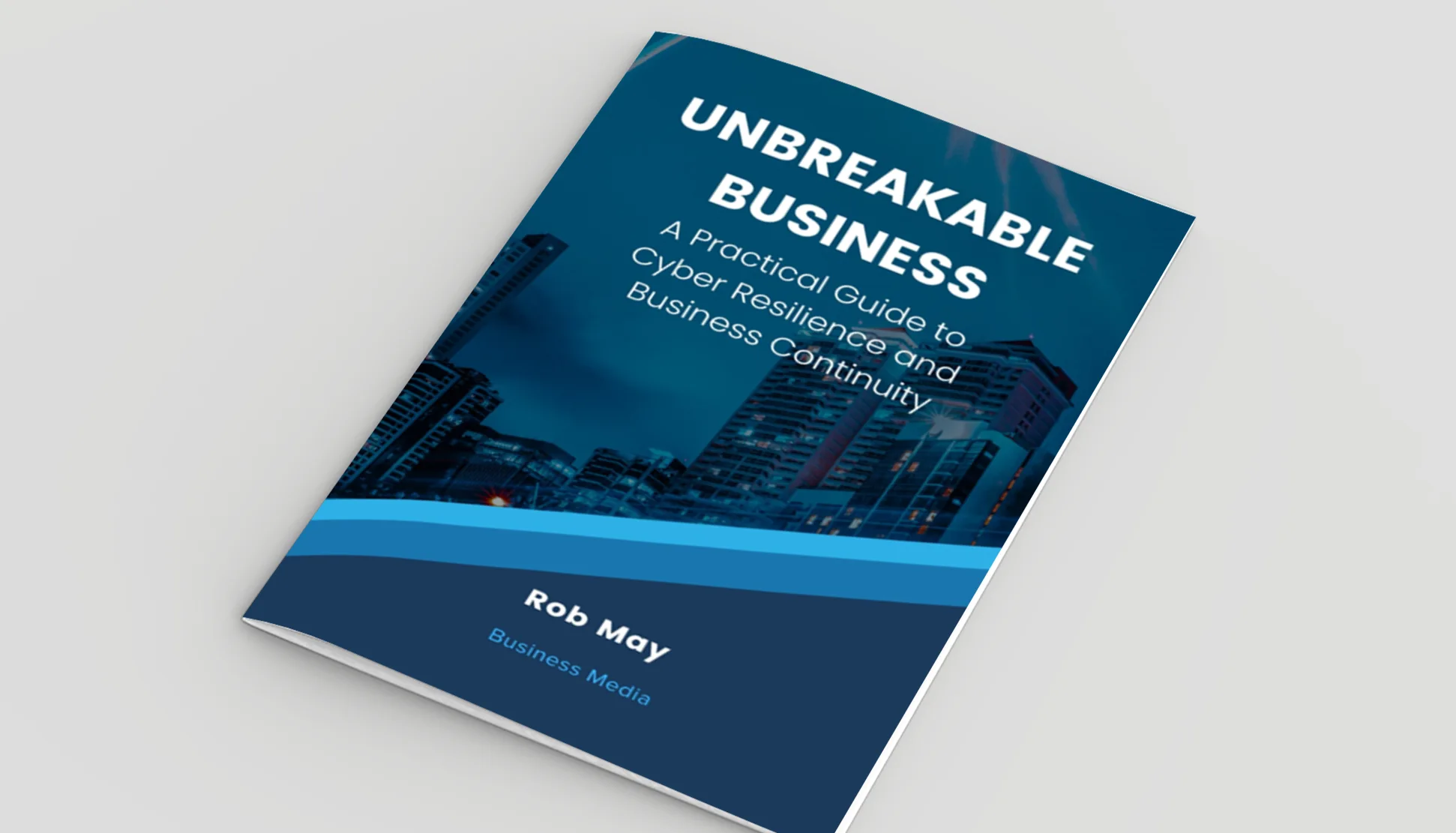How to build a scalable business

Posted on September 5, 2019 by Dan May
Small businesses and startups need to be scalable to succeed. That means your business structure has the ability to adapt to changing circumstances. You can manage sudden growth without going over-capacity, but you can also reduce your capacity during lean times to optimise costs.
What is a scalable business?
Being scalable means that you’re able to remain competitive without stressing burdening your people or your business. Scalable businesses that get through their first two years have three common elements:
- Foresight
Foresight allows business leaders to anticipate and adjust to changes in the market.
- Initiative
Businesses with a developed sense of initiative find better, smarter ways to work.
- Technology
Embracing technology can help businesses become even more flexible.
What does a scalable business model look like?
Scalable businesses have low operational overheads and use technology to stay streamlined and competitive.
Many tech startups are able to scale very quickly over a relatively short period of time. This is because offering software-as-a-service (SaaS) means you have no inventory to worry about. Businesses with low operating overheads don’t need a lot of resources or infrastructure to grow rapidly.
Even companies that are not directly related to the technology industry have a greater ability to scale by creating technology that helps other people scale.
Digital marketing tools are a common example of this. Companies like MailChimp and HubSpot have developed tools to help businesses become more efficient in a way that’s cost-effective.
Many scalable businesses avoid using email internally. Instead, they use instant messaging platforms like Slack or Microsoft Teams.. Instant messaging saves time, is more immediate, and is something we’re all getting used to more in the age of widespread Facebook Messenger and WhatsApp usage.
They also use the cloud to share and centralise information. This reduces IT infrastructure costs and promotes more efficient ways of working. One of the benefits of cloud storage is that it’s scalable, so no matter how much data you have, you ‘re only paying for what you need.
What are the essential components of a scalable business?
1. Know your market, know what an opportunity looks like, and be ready for it
35% of successful small business owners are over 50. Part of the reason for this is that they have the experience in their industry. They see opportunities and join the dots in a way that others can’t. This sense of foresight and intuition is what helps scalable businesses stay agile and alert to changes.
In order to be adaptable you need to know what you’re adapting to. As a business owner you need to stay up to date with the latest industry changes and know what’s coming down the pipeline.
Being ahead of the curve allows you to position your business effectively. Whether that’s responding to a compliance change or recognising a catalyst for exponential growth before it explodes.
2. Create a culture that encourages accountability as well as innovation
Small businesses can’t afford to spend too much time in the meeting room. That’s why you need a team of self-starters you can trust to get on with the job and do it well.
Creating a culture of innovation allows them to get creative with ways of working that make you more efficient. But you need to back that up with accountability to stay lean on time and budget. If it delivers, great. If it doesn’t, chuck it out.
Growing expertise in-house is slow and expensive. Only cultivate your core competencies and leverage outsourcing for the rest.
Efficient processes and a streamlined business structure reduces bureaucracy and over-reliance on non-essential systems. This allows your business to pivot when needed and scale without excess time and cost.
3. Capitalise on scalable tech and services
Many third party providers understand the need for scalable services and offer everything from payroll to email marketing and IT support in a way that grows with you.
When engaging a third party for such a service, make sure you understand the level and pace of your scalability and make sure they can keep up. Ideally, you’ll work in partnership, leaning on the third party during periods of growth to keep your costs under control.
As above, if it isn’t mission-critical, outsource it. But don’t rely on intellectual property that isn’t your own. If your business offering relies on an IP that can’t scale with you, you aren’t going to get very far.
Internally, automation is the key to scalable growth. Startups that are labour intensive and staff intensive are not scalable. Early on, start looking at production automation, proven process technologies, and minimum staff approaches before you begin scaling.
Highly scalable businesses grow exponentially
Scalable businesses are not weighed down by the same sales-cost growth relationship as linear models. Instead, as sales increase, costs stay flat, allowing for higher levels of profit over time.
Companies like Google and Apple have perfected this type of scalable business model. As soon as their product is on the market, they can sign up users or upsell related software with relatively minimal cost increases.
If you want to mirror this success of highly scalable business models, consider adjusting your current model. Invest in your foundation up front so you can support exponential sales growth down the road.
Not every business model is easy to change
Exponential scalability can be a challenge for businesses who aren’t built to scale from the ground up.
Review business processes, reduce other redundant processes, and evaluate parts of the business that might slow down or hold back your scalability. If your company makes things, most of these redundancies can be identified in the production phase. If automating any of your production processes is possible, do it. The same is true with your supply chain and logistics.
Businesses that offer services may find scalability a little more difficult. Service-based businesses rely on worker hours. The more workers, the better you can scale up. As such, these businesses tend to be more linear.
The key for a service-based business is to find the processes that can be automated or outsourced. So when the time comes to grow, your essential support functions, such as IT, payroll and marketing are able to step up.
When it comes to your IT infrastructure, a cloud-based solution can help you scale effectively. Our cloud migration services could be the first step towards making your business scalable and futureproof.







